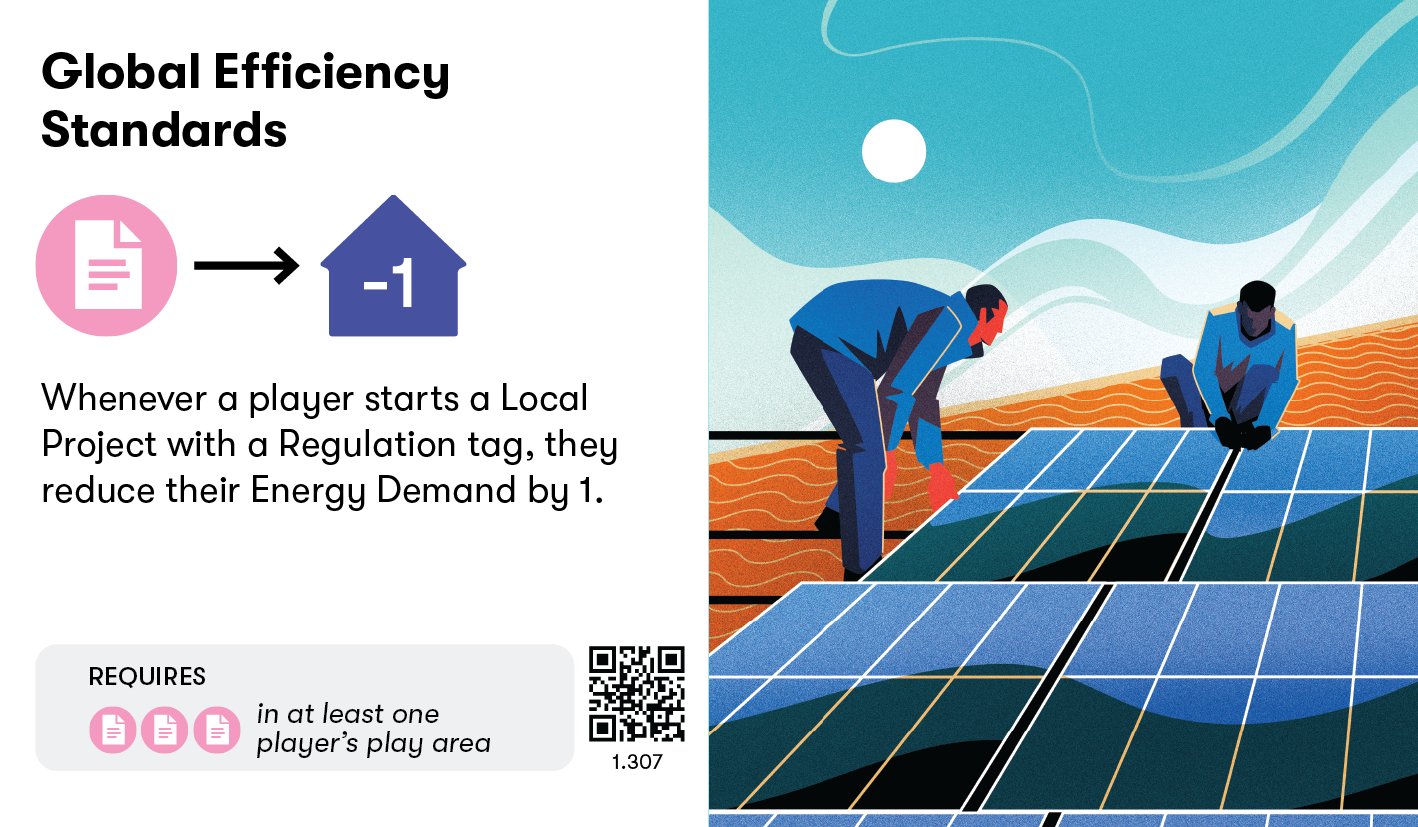Global Efficiency Standards
Global Project
Energy efficiency represents more than 40% of the greenhouse gas emissions reductions needed by 2040. Sometimes referred to as the “first fuel,” energy efficiency refers to using less energy to perform the same task or produce the same result. It can provide extremely fast and effective greenhouse gas emissions mitigation simply by reducing the amount of energy we use.
Global efficiency standards can be developed by both governments, local authorities and non-profit organizations. For instance, the LEED rating system that guides energy demand reductions in new buildings was developed by the US Green Building Council and is used worldwide to certify energy efficiency in buildings.
While many countries already have some efficiency standards, they are often not widely adopted or too lenient to lead to real improvements. Globally agreed upon efficiency standards could help spur action and result in real change by setting common standards that apply everywhere, avoiding the logistical and political barriers of setting up new local standards. Global standards can also help companies target consistent efficiency targets worldwide, instead of forcing them to try to work to different standards in different countries.
Global efficiency standards combined with funding for efficiency projects will be crucial to lowering energy demand. This is especially true in countries where energy use is rapidly increasing but relatively inefficient equipment is widely used. Countries like India and China are leading in efficiency because they often use newer and more efficient technologies.
To activate this Global Project, at least one player must have 3 Regulation tags in their play area.
Once active: Whenever a player starts a Local Project with a Regulation tag, they reduce their Energy Demand by 1.

Improve Industrial Energy Efficiency (Systems Change Lab)
How energy efficiency will power net zero climate goals (International Energy Agency, IEA)
LEED (Wikipedia)
Look for ways to upgrade your home or business for energy efficiency, such as replacing light bulbs, adding more insulation, or installing smart thermostats.
If your business or office building isn’t already LEED certified, advocate for LEED certification.
Encourage your legislators and elected officials to introduce energy-efficiency policies and standards.